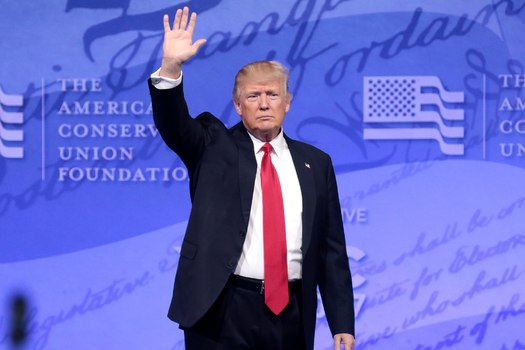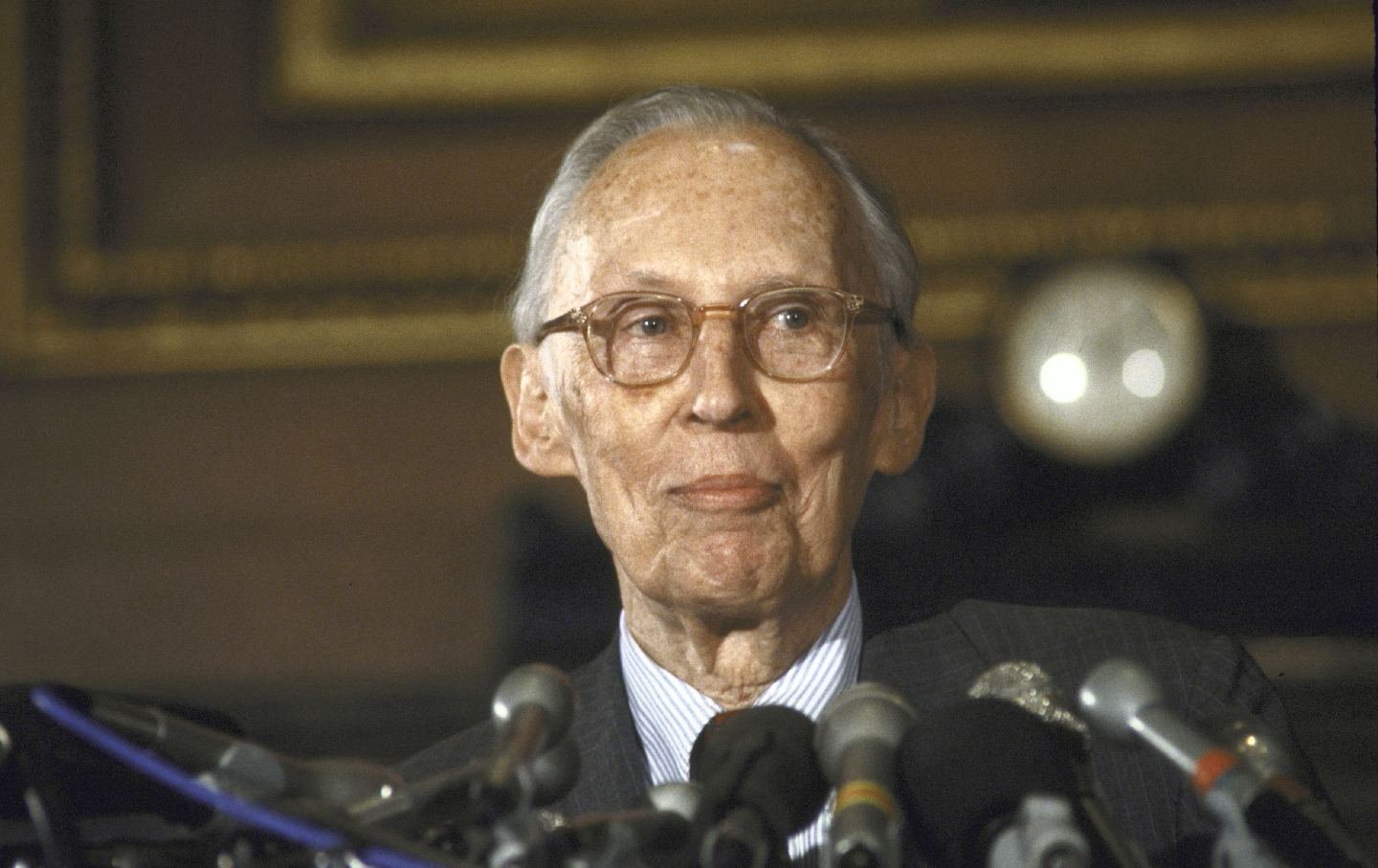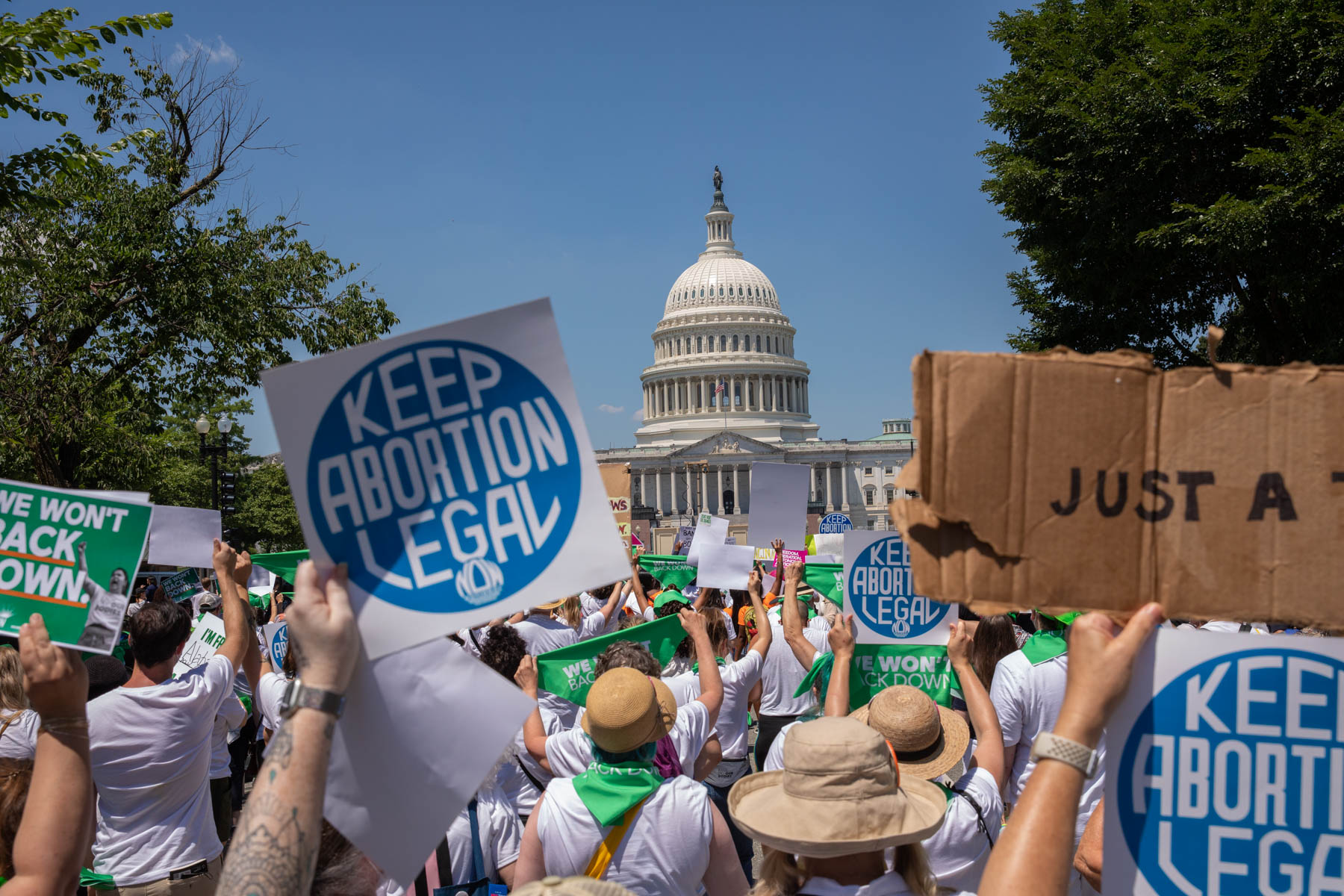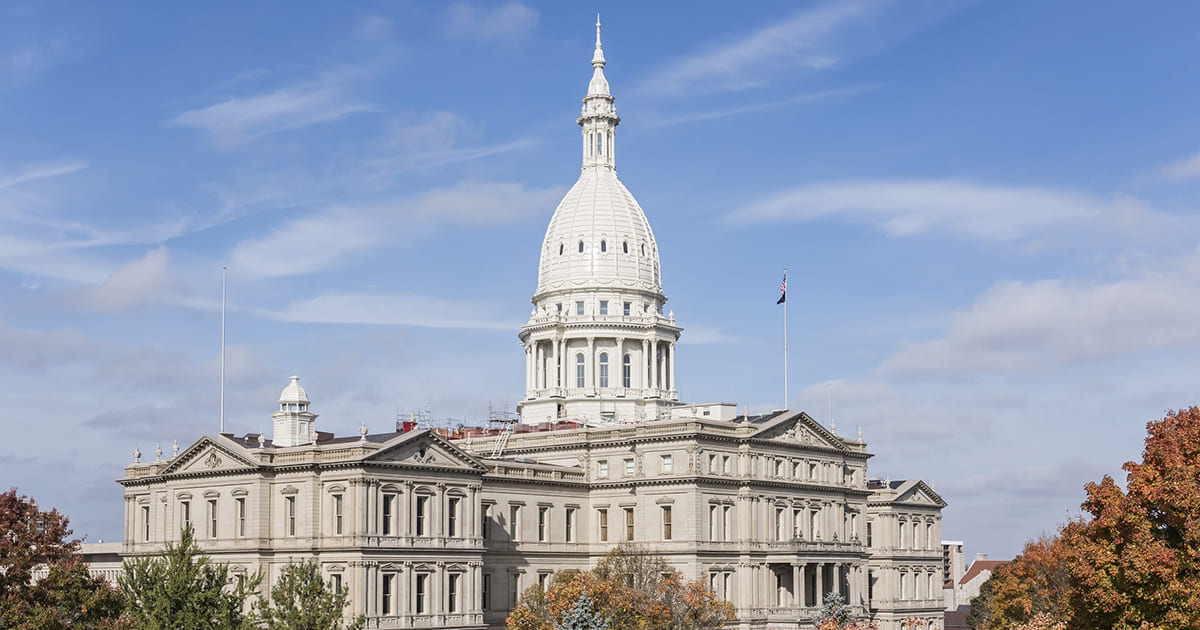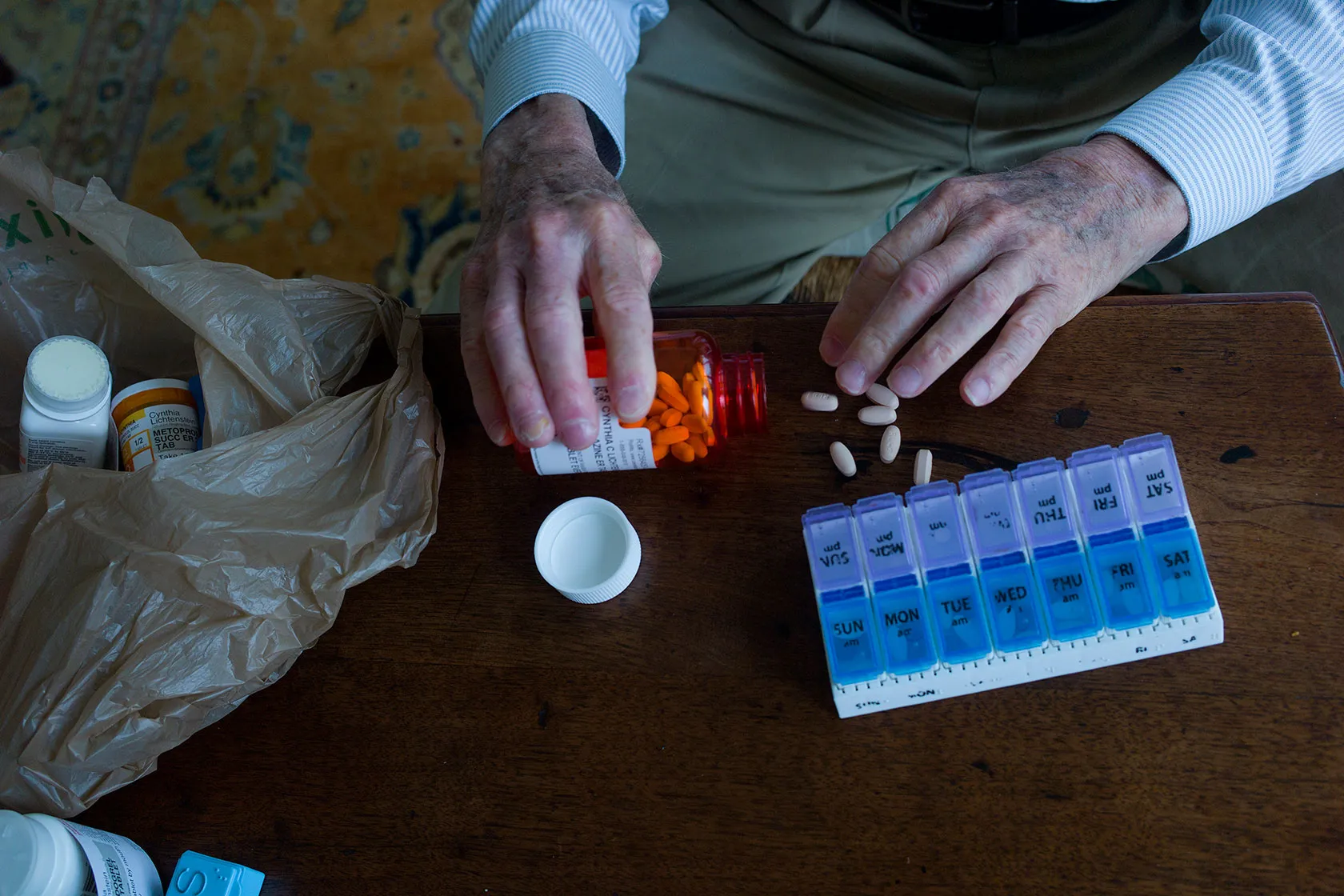Originally at https://www.publicnewsservice.org
Former president Donald Trump is vowing to eliminate or alter thousands of government jobs if he wins this November, which could have a big effect on Virginia. One major change would be gutting civil service protections, which aim to keep millions of federal employees performing day-to-day jobs away from political influence. Donald Sherman, chief council for the advocacy group Citizens for Responsibility and Ethics in Washington, said it is important for the government to function for all people. “You can understand why you want to have government food inspectors or government highway technicians who have, not just years, but decades of expertise,” Sherman pointed out. “And, you know, have loyalty to their craft as opposed to loyalty to a particular politician.”
A plan for the Trump Administration put together by a right-wing think tank, called Project 2025, calls to reclassify tens of thousands of employees as political appointees. Labor groups are worried it could dismantle nonpartisan bureaucracy by cutting jobs, taking away union rights, lowering pay and privatizing some federal departments. Trump said it is exactly what he has to do to “drain the swamp” and restore America’s trust in government.
Virginia has more than 140,000 federal employees. Only California has a higher number. Sherman emphasized civil service protections also protect Americans from corruption.
“You want to make sure that if you are a person in need of assistance from the Department of Justice or the Department of Housing and Urban Development that you know there’s not someone on the line asking you, ‘Well, before I offer you assistance, what’s your political party?'” Sherman noted.
Vice President Kamala Harris has advocated for unions in the public sector. She has also looked to improve hiring practices, salaries and health care benefits for government workers.
New polling found an overwhelming majority, 85% of Americans believe abortion access should be allowed in some situations.
Two years ago in the weeks following the overturning of Roe v. Wade, West Virginia passed a near-total ban on abortion with exceptions in certain cases for rape or incest, or medical emergencies.
Emily Womeldorff, constituency engagement specialist for Planned Parenthood South Atlantic in Morgantown, said it is now nearly impossible for people in West Virginia to access abortion care. Most are now forced to travel to neighboring states. “That can look like a lot of things,” Womeldorff pointed out. “It can look like having to take additional time off of work, finding child care, assuming that you have transportation, paying for that.”
More people are traveling farther and across multiple state lines to access abortion, according to data from the Guttmacher Institute. The group’s U.S. Abortion Provision Dashboard said since the Roe v. Wade decision, more than 800 West Virginians have traveled to Maryland for abortion care, more than 600 to Pennsylvania, and more than 200 to Ohio.
Womeldorff noted while she believes the people of West Virginia would make the decision to protect abortion rights, the state is among more than two dozen to have banned citizen-led initiatives or amendments on a statewide ballot, despite calls for a petition allowing voters to decide whether full abortion access should be legal. Womeldorff explained under current law, the legislature would have to pass a ballot measure. “Unfortunately, we have a very hostile anti-abortion legislature at the moment, who would I highly doubt be willing to vote to put it on the ballot and let people decide,” Womeldorff asserted. “Because they have a vested interest in not letting people make those decisions for themselves.” Voters in a handful of states, including neighboring Kentucky and Ohio, have chosen to protect the right to an abortion through ballot measures.
Support for this reporting was provided by The Carnegie Corporation of New York.
Election Day is a little more than two months away and North Dakotans turned off by the political environment are urged to consider their long-term health as possible motivation to re-engage with the voting process.
Over the past few years, organizations such as the American Medical Association have emphasized voting is a social determinant of health.
Craig Burns, clinical assistant professor of social work at the University of North Dakota, specializes in social work and said it is especially true for marginalized populations. For example, he said a candidate’s stance on local zoning laws and key services might resonate with a person’s need to establish a better quality of life. “Whether people have access to an affordable grocery store that sells healthy produce or whether they have access to safe transportation,” Burns outlined. Combined with more commonly discussed issues such as jobs, Burns pointed out all the factors play a role in shaping health outcomes. He added if people feel like their voice doesn’t matter, they should know local races, including legislative seats, are sometimes decided by just a few votes.
For those who need guidance in researching candidate platforms, Burns noted websites such as Vote411.org often provide a comprehensive, nonpartisan breakdown of where a politician stands on key issues. He added reaching out to the campaign staff for answers is another option.
“Always let the candidate know you’re a voter in their district,” Burns recommended. “That’ll, kind of, perk up their ears a little bit.”
Burns, who has helped lead regional civic engagement efforts in past elections, argued how a candidate views environmental regulations is another topic worth exploring. He pointed to the tainted water scandal in Flint, Michigan, from a decade ago as an example. Researchers said the crisis stemmed from state and federal policy failures.
Support for this reporting was provided by The Carnegie Corporation of New York.
Election Day will be here before we know it and Arizona is gearing up for possible setbacks from embedded election deniers. Alex Gulotta, Arizona state director for the group All Voting is Local, said there are candidates who want to take power away from voters and who have already claimed if they do not win, the election was rigged. Gulotta argued it is simply not how things work. “The election is the people saying who won and people can’t say ahead of time that the only way there is a fair election is if ‘I win,'” Gulotta emphasized. “We just have a lot of that in recent years.” Gulotta noted his biggest concern for Arizona going into the fall is what he calls a “longer and more complicated,” ballot which in most counties will consist of two sheets. He suspects it will create a number of opportunities for there to be issues processing ballots but wants Arizona voters to know election officials have backup procedures in place for if and when those situations arise.
Seven election deniers are on the ballot in Arizona running for a Congressional seat this November, according to The State United Democracy Center.
Tearanie Chinn, democracy defense senior manager for All Voting is Local, argued election deniers fundamentally undermine the principles of American democracy and not only pose threats to the nation’s democratic values, but democratic processes as well. “When these threats pop up, it is important for us to remember that we have passionate election officials, government leaders, who are already working to hold these bad actors accountable for their actions,” Chinn stressed. Chinn argued it is important to highlight county boards of supervisors, in Arizona and around the country, who chose not to certify election results during the 2022 midterms are facing criminal charges for what Chinn called a power grab. Both Gulotta and Chinn said voters should expect hiccups in November. Gulotta added when minor issues arise, it is not a crisis, it’s just the nature of Election Day. “Our elections administrators’ job is to put in place their well-thought-out and well-developed plans to deal with whatever contingencies they face,” Gulotta asserted. “We shouldn’t as voters blow those things out of proportion, because they are natural and normal.” Gulotta encouraged voters to remain resilient and determined to cast their ballot come November.
Read the Original Story
